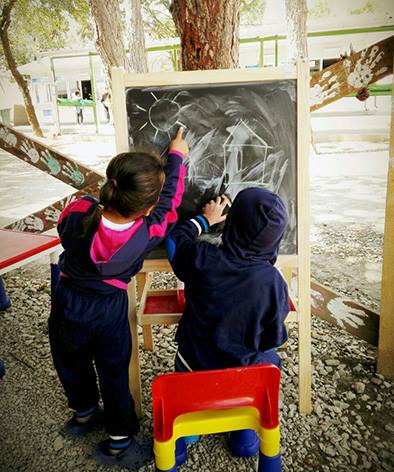Hotline: +381 61 63 84 071
Atina’s 2024 Annual Report: Centering Survivors, Shifting Systems

Atina’s 2024 Annual Report: Centering Survivors, Shifting Systems
For Atina, 2024 was the most significant year in its two-decade-long journey. After years of tireless advocacy and resilience, we finally secured a permanent space—our own home—for the first time. This milestone is far more than a physical achievement; it symbolizes stability, safety, and continuity for the countless women and girls we serve. This year was defined by unwavering commitment, collective strength, and meaningful successes that will echo well beyond these twelve months. With this foundation in place, we are more equipped to continue building a future led by and for survivors.
In 2024, Atina provided direct support to 330 individuals, of whom a staggering 75 survived sexual exploitation, and 16 were forced into marriage. The majority of these individuals were minors. Alarmingly, 43% of all service users were children and adolescents, revealing a deeply concerning trend: the most common forms of exploitation disproportionately affect the youngest and most vulnerable.
Forced marriage, a practice often overlooked, persists as a form of human trafficking, particularly targeting girls. Despite the severity of these cases, institutional recognition remains insufficient. Only 19 individuals were officially categorized as “presumed victims,” a number that highlights systemic hesitancy to formally acknowledge and protect survivors, especially when they are minors or migrants. These realities expose a critical gap: identification and protection mechanisms are still not adequately tailored to children’s specific needs, nor responsive enough to the complex experiences of displaced and marginalized youth.
This data underscores the urgent need to enhance victim identification protocols for minors, invest in specialized child-centered services, and empower multisectoral teams to respond effectively to gender-based violence against children. Without such reforms, many survivors will remain invisible within systems meant to protect them.
2024 was also a year of strategic reflection and action for Atina. One of the most transformative developments was the establishment of the organization’s first permanent premises. Beyond bricks and mortar, this space symbolizes a long-overdue foundation for stable, continuous support. However, key services—such as assisted housing and social reintegration—remain almost entirely project-funded. While licensed and aligned with national and EU standards, these services lack consistent public funding. Long-term investment and institutional recognition are essential for survivor-led solutions to be sustainable.
Atina also played a role in influencing Serbia’s new national strategy and legislation on human trafficking. However, crucial legal reforms remain stalled despite active participation in the policy process. Victim identification procedures, in particular, prioritize cooperation with law enforcement over survivor protection. To shift this paradigm, systems must adopt a human rights–based, trauma-informed approach that grants access to services without conditioning support on immediate legal compliance.
Migrant and refugee women, including trans women, continue to face heightened risks of violence, exclusion, and legal invisibility. In 2024, Atina’s field teams and advocacy group supported hundreds of displaced women and girls. Still, the institutional response remains inadequate, especially in addressing the experiences of those subjected to forced marriage, coercion to commit criminal acts, or gender-based discrimination. Protection services must evolve to be inclusive, trauma-informed, and flexible to address these realities.
Economic empowerment remained a cornerstone of Atina’s recovery model throughout the year. Through its social enterprise Bagel Bejgl, survivors accessed dignified work opportunities, skill-building, and pathways to financial independence. These programs have proven transformative but require patient, long-term support. Economic empowerment must be viewed not as a side initiative but as a core pillar of recovery, with strategies to scale sustainably and respond to real market demands.
Atina’s belief in cross-border collaboration was further validated in 2024 through projects such as BRIDGE, which fostered cooperation between professionals and survivors in Serbia and Kosovo. These efforts showed that regional collaboration, particularly among grassroots actors, can transcend political barriers and generate a meaningful impact. Expanding such regional models is critical, especially in areas where formal diplomacy is limited, but lived experiences are shared.
Finally, Atina’s work in digital prevention, storytelling, and youth-led advocacy reinforced the importance of investing in data, innovation, and communication. These approaches have shifted public narratives and allowed survivors to lead change, yet they remain vastly underfunded. Long-term support for research, creative advocacy, and survivor-led initiatives is vital to strengthening protection systems and engaging broader communities in meaningful social transformation.
As Atina moves forward, the path is clear: centering survivors, challenging harmful systems, and building alliances across borders are not optional—they are necessary. The courage and resilience of those Atina serves continue to inspire and inform every step of this work. For real change to take root, survivor voices must lead, and institutions must be willing to follow.
Read the full report on Atina’s work in 2024 bellow:












 FACEBOOK
FACEBOOK TWITTER
TWITTER YOUTUBE
YOUTUBE